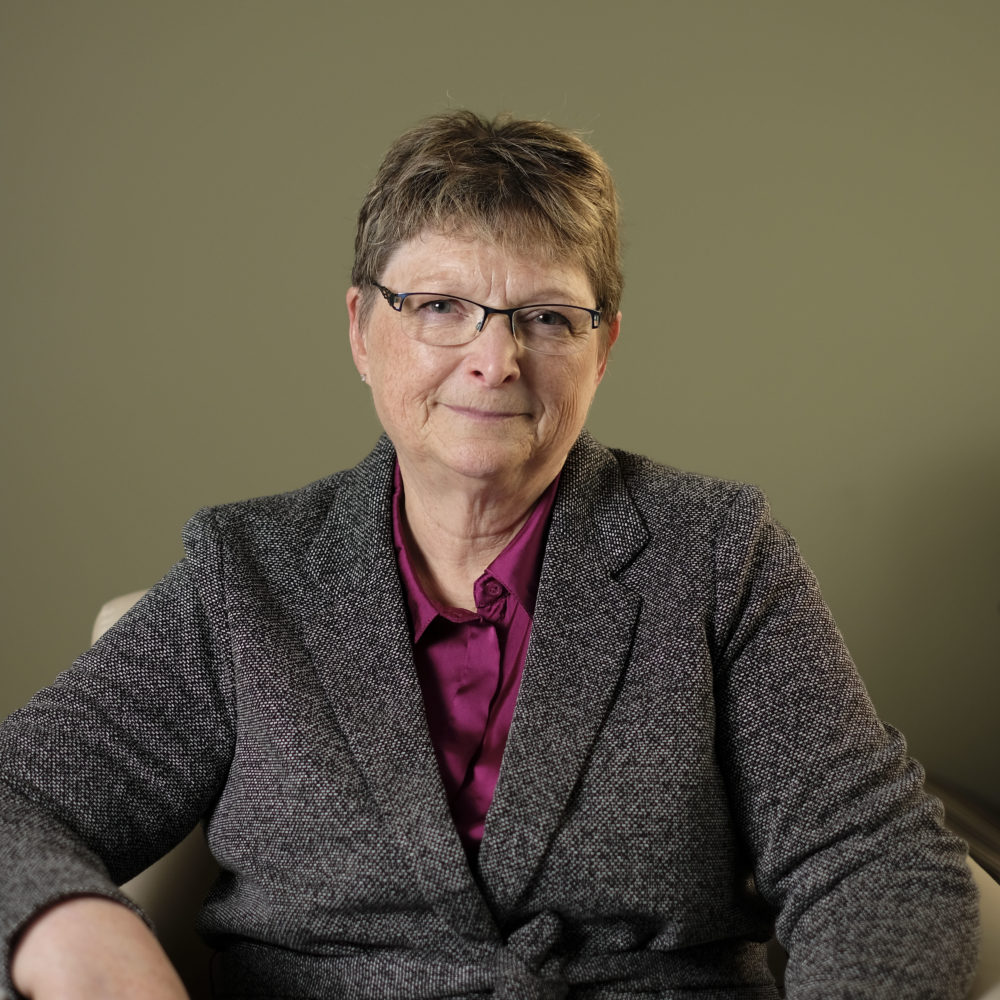
“Stigma can happen anytime and anywhere.” Why it’s important to know about our attitudes to dementia.
What do you think about dementia? Alzheimer’s Disease International (ADI) is conducting the world’s largest survey on people’s attitudes towards dementia. Whether you’re a person living with dementia, a caregiver, a health-care professional—or someone just interested in learning more about dementia, no personal stake required—ADI wants to hear from you!
What makes this survey so important? For one thing, there’s never been anything like it before—it’s a truly global survey that encompasses attitudes and beliefs toward Alzheimer’s disease and other dementias from around the world. Knowing these beliefs can help us identify the common misconceptions that surround and stigmatize the disease. By increasing public awareness of dementia, we also increase acceptance of the people who live with it.
Unfortunately, when these misconceptions are not addressed, the result is that stigma is still very much a reality for many who are living with the disease. We know this is true in Canada from the last nationwide survey on our attitudes toward dementia, conducted by the Alzheimer Society of Canada in 2017*. According to this survey:
- The majority of Canadians believe that people with dementia are likely to experience discrimination such as being ignored, dismissed and taken advantage of, as well as being unable to access appropriate services or supports.
- The majority of Canadians believe that if they had dementia, they would be more likely be subject to physical and verbal abuse, on top of being socially rejected or avoided.
- Two-thirds of Canadians would feel uncomfortable talking about their dementia with their acquaintances.
- One-in-five Canadians would avoid seeking treatment as long as possible, possibly due to the fear of being embarrassed and stigmatized due to their condition.
- Half of Canadians believe they would not be able to live well if they were diagnosed with dementia, and a quarter would feel that their life would be over.
The good news is that more and more people are doing their part to tackle these attitudes and turn them around to a positive side. Take Marilyn Taylor, of Halifax, Nova Scotia, who has been living with Alzheimer’s disease for a few years now.

Marilyn co-chairs and is a member of the Alzheimer Society’s Advisory Group, consisting of people with lived experiences of dementia from across the country. These experiences helped inform the Canadian Charter of Rights for People with Dementia, which sets out seven explicit rights to empower Canadians living with dementia. The very first right on the Charter? The right to be free from discrimination of any kind.
For Marilyn, the release of the Charter is validation of her advocacy efforts. After all, as a person with dementia, she has had to deal with discrimination firsthand. Here is her account of the stigma she encountered after what she had thought was a regular appointment with her doctor:
After receiving a prescription from my doctor, I went to get it filled and for some reason, the pharmacist was speaking to me in loud slow words and explaining how to use a pill pack. I left the pharmacy quickly because people were looking at me funny, as if I “had something.”
When I got home and had a chance to settle, I opened the pack. It read: “Diagnosis: ALZHEIMER’S.”
WHAT???!!! I immediately began to think all kinds of things. Was I going to be locked up? I need to get my will in order, fast!
The neurologist had said, “try these” and wrote a prescription. He filled in a form that I could use so that I wouldn’t have to pay the full price of the prescription. That’s it.
I started taking the pills. They made me vomit but my doctor didn’t seem too concerned. Within a few months, I was eating baby food, so I could keep my food down. It got so bad that I went to a walk-in clinic and was given a prescription for stomach pills – and I never returned to my doctor.
Isolation is a huge issue for anyone living with dementia. People who I thought were my friends suddenly made excuses for not wanting to see me, or they wouldn’t bother showing up. The isolation grew worse when I could no longer drive.
Corinne, my daughter, was and is my greatest source of support, but she lives very far away, as do my stepson and stepdaughter. They were concerned when I was diagnosed.
Stigma can happen anytime and anywhere. For example, once when I was checking in for a flight, the man at the counter was telling me about my times, gates and boarding pass. But then he looked at a piece of paper and asked who is the person who needs assistance? When I told him it was me, all he had to do was point me to the right gate. Instead, he completely disconnected eye contact and only spoke to my friend who had given me a ride to the airport. I was no longer a person. People patronize and assume I’m incompetent.
I believe the public’s attitude is being changed one person at a time. Other stigmas have gone by the wayside over time. Alzheimer Societies across the country are to be commended for their awareness campaigns. They are working.
Unfortunately, Marilyn’s story is not out of the ordinary. Many Canadians from across the country, both people with dementia and caregivers, have their own stories to tell about the stigma they’ve encountered. Each experience is unique, yet throughout all there is a common thread—whatever people know about dementia, they could know more.
What will the ADI survey tell us? If you want to share your thoughts, make sure to complete the survey by June 14, 2019. After that, ADI will summarize the findings into a report that will be available for anyone to read.
*Read about the results of the 2017 Alzheimer Society of Canada survey here:
https://alzheimer.ca/en/Home/About-dementia/What-is-dementia/Dementia-numbers#Stigma-and-dementia